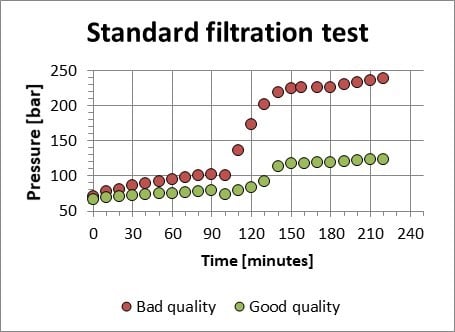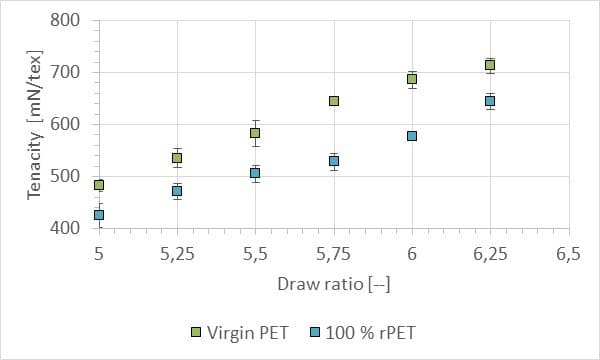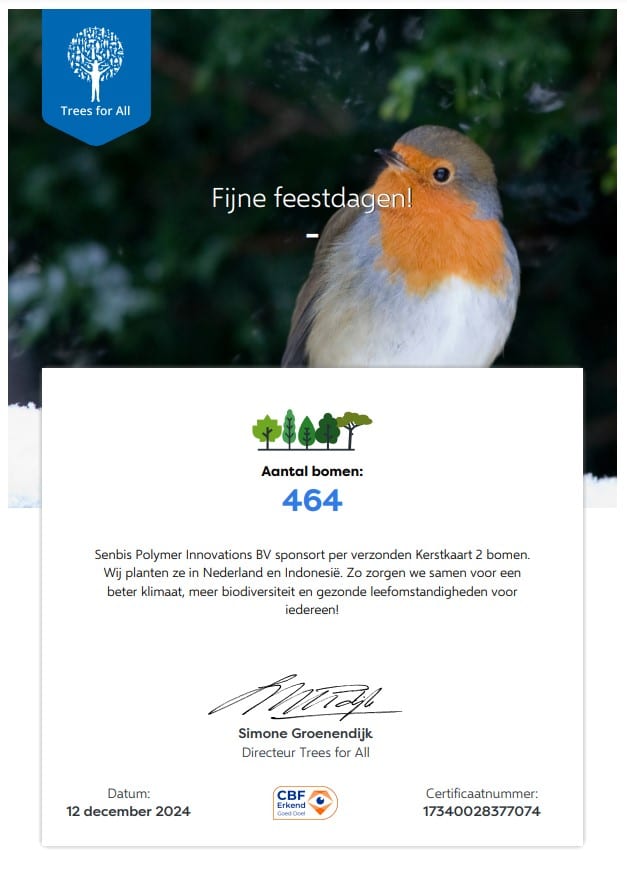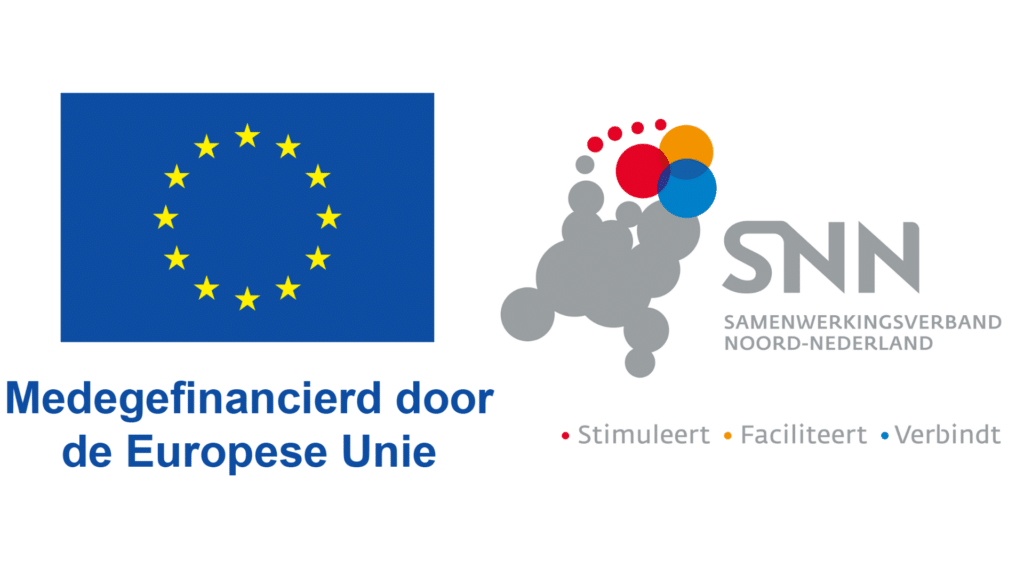Senbis’s whitepaper provides in-depth insights how recycled PET (rPET) can be evaluated and modified to convert the polymer into rPET based products that are ‘Fit for Purpose’.
During PET production, product use and PET recycling, the PET product quality can deteriorate significantly by:
- Thermal degradation
- Chemical and mechanical attack
- The presence of contaminants
The whitepaper describes both the mechanical and chemical recycling technologies including its specific challenges. For most mechanical recycling processes, rPET still contains both solid and substance impurities which can affect the rPET quality. The whitepaper explains Senbis solutions to quantify the size distribution of solid particles in rPET by means of the unique Partisol test. The Senbis filtration test enable PET converters to assess the effectiveness to remove solid impurities in PET critical converting processes: the pressure increase of a bad quality rPET could be twice of a good quality rPET! In addition, Senbis can help to optimize the rPET purification and polymer quality by Solid State Polymerization (SSP).

Finally, yarn spinning is considered one of the most sensitive and critical processes to convert PET. Senbis can perform spinnability trials on rPET granulates to compare the virgin and rPET quality and spinning property performance on both pilot and semi-industrial scale.

Want to know more? Request a White Paper copy!
Want to know more how Senbis can help you improving the PET quality of your recycled PET and packaging? Please send your request to [email protected]


